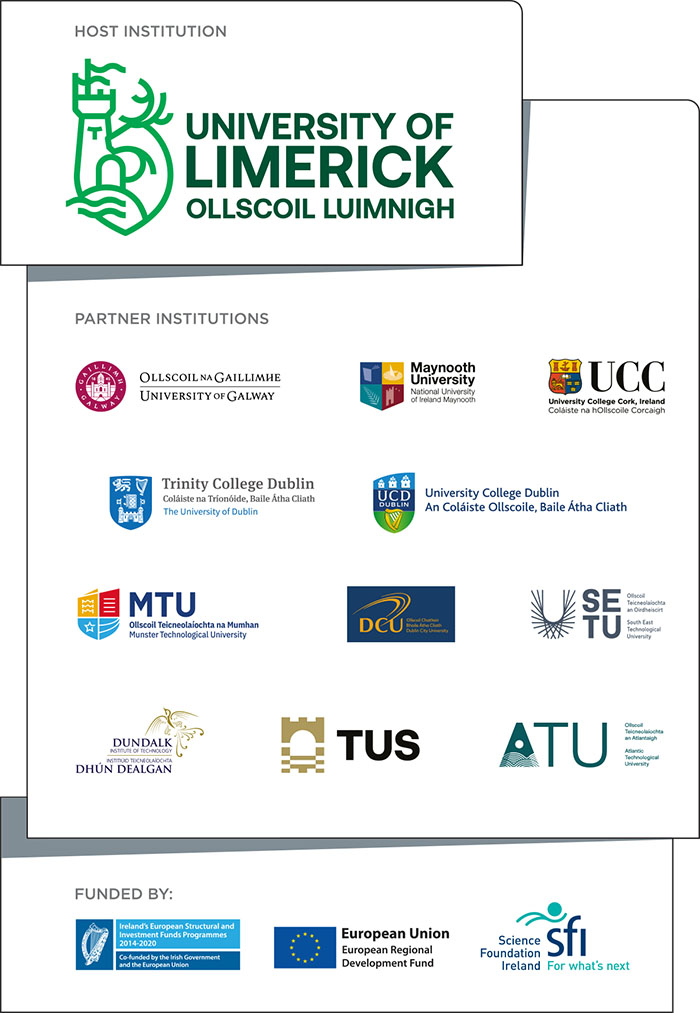How the internet can help us to stay healthy
You are here
Analysis: new user-friendly applications aim to provide people with jargon-free health information
Published on RTÉ, Friday, 4 Oct 2019
Many of us probably have had some sort of symptom that we have checked out online and discovered (incorrectly) that we have weeks to live. While the internet is an amazing resource, its reliability as a medical guide is open to question.
On the other hand, technology and especially the internet do have a central role to play in helping citizens to better manage their health. According to the US National Assessment of Adult Literacy, 88% of adults lack medical skills to manage their health and prevent diseases. In Europe, the situation is similar: an EU Health Literacy Survey found that almost one in two people, across the participating eight European countries, including Ireland, presents a low or problematic health literacy. As a consequence, people with limited health literacy skills do not really know about their illness or their medicine and are less likely to engage in preventive programmes and actions. Moreover, they do not have chronic disease under control and are more likely to be hospitalised.
At a time of resource and demographic pressures on GPs and the health service in general, it is important that people are better informed in order to prevent or understand problems. This means they can work more effectively with their medical practitioner to manage and treat issues that do arise.
One way to increase citizen medical knowledge and self-awareness of health conditions is through patient empowerment. The World Health Organisation (WHO) defines this as a process through which people gain greater control over decisions and actions affecting their health. Engaging and empowering people and communities is part of the organisation's "Framework on integrated people-centred health services" which envisages a fundamental shift in the way health services are funded, managed and delivered. It presents a compelling vision of a future in which all people have access to health services that are coordinated around their needs, respects their preferences, and are safe, effective, timely, affordable, and of acceptable quality.
Today, information and technology are growing at a previously unseen speed. If it is true that we all risk being overwhelmed by this abundance, it is also clear that we have unprecedented means to better understand what is happening inside and outside ourselves, take control of our lives and make the most beneficial decisions as individuals and collectively.
Health and wellbeing are domains where information and technology have a major impact on patients or citizens. As a consequence, patients/citizens have the possibility to use information technology to empower themselves, so as to be aware of their health and better collaborate with medical professionals to make the best decisions.
Use of these apps use allows people to take control of their health care needs
As part of the Health Easy project, researchers at Lero and the Business Informatics Group at Maynooth University, led by Prof. Markus Helfert, are developing a number of software applications around health information. The first application helps people to find the most relevant health information online in terms of language simplicity, information trustworthiness and information classification. The second one helps them to understand medical texts by translating medical terminology into plain language and the third application helps users to learn as they search for medical topics on the Internet. All the applications are currently in test phase.
These provide a practical example of how patients can easily and quickly become empowered. Their use allows people to take control of their health care needs and leads to an increase in their freedom and autonomy.
Overall, the project aims to increase public awareness on the importance of collaboration in healthcare. It is important to remember that effective care plans always require the expertise of medical professionals complemented with the equally important awareness of patients about their priorities, concerns, goals, traditions, culture, values and resources. Empowered citizens do not only understand and influence their own care and treatment, but can also influence Government decisions in the area, creating a truly democratic healthcare system and one with the "aware" patient at its centre.




